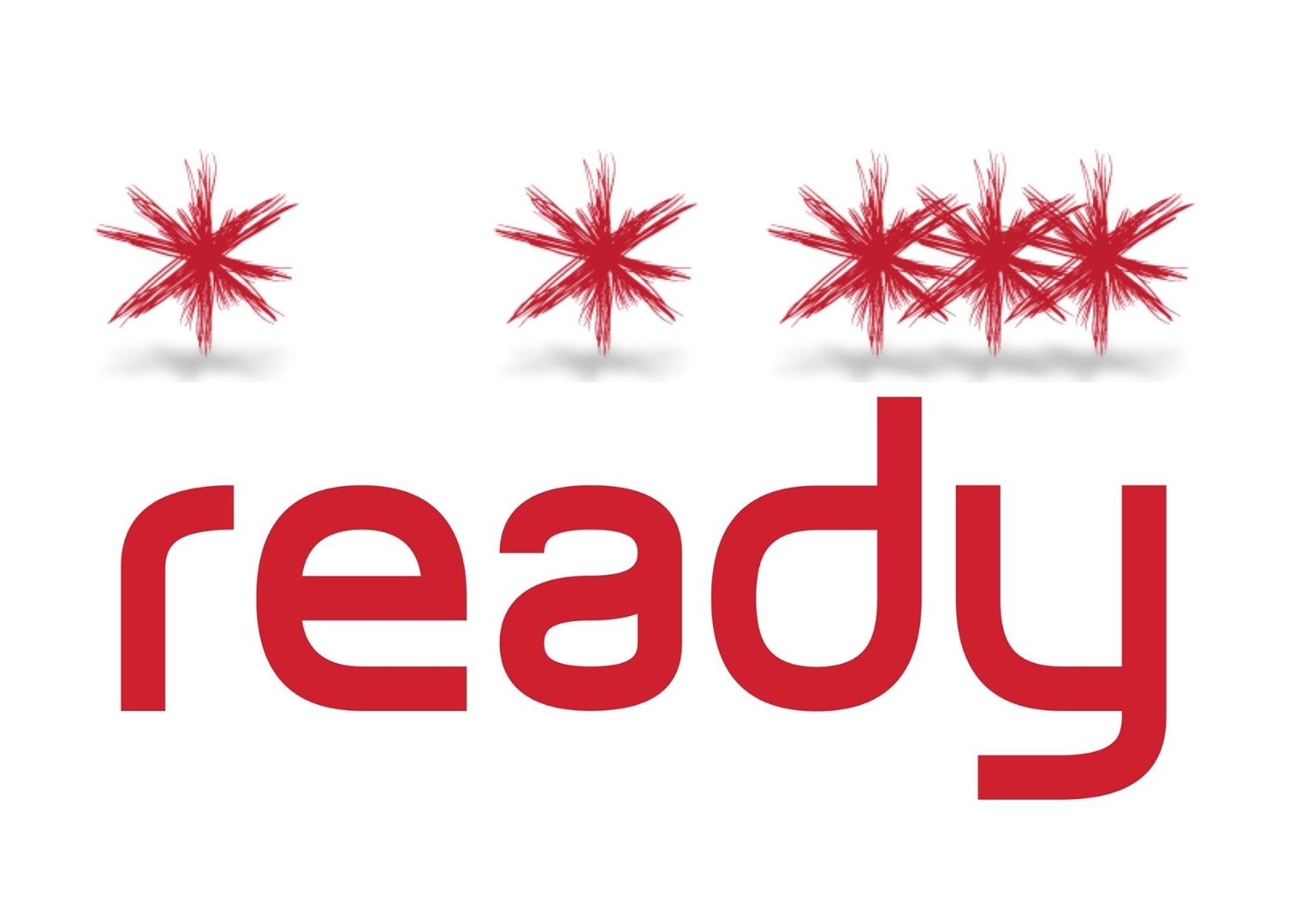I have a desire to constantly be stretched. I love that feeling in my brain when I can feel new understanding happening and deeper insights being grasped. Do you?
In my desire to be stretched regularly I plan out activities and events in my calendar. I d so that each year I do one or a number of things the keep my brain expanding.
In 2018 I did a number of things but during November I put all of my in-kind community volunteering hours into assisting a young woman in her attempt to secure a seat in the Victorian parliament.
Not only did I know that the values that would drive the campaign would align with mine I had also spent enough time in her presence to know that she was making this run at the Victorian parliament with the best of intentions.
I cleared my calendar for the whole of November and dived into being her campaign manager.
What did I learn about careful communication during this intense month?
Mostly I learnt about myself, of course. But I also learnt about the power of communication to connect. I learnt this for myself and I watched it happen with Jacqui.
Pascal Molenberghs, in an article about inspiration and leadership, talks about language and the use of we and I when involved in communication. He also talks about developing a vision and creating outcomes. These were such essential elements in the campaign. However, Molenberghs’ article needs to include more detail. Specifically about the importance of how to carefully communicate around these apparently simple concepts.
What are the tips for careful communication for a hectic election campaign?
Here are my top five.
1. Make the time to communicate
If you are rushed for there is significant pressure that hearing the message is hard and important ideas are missed or misunderstood.
2. Make a space to communicate carefully
If it is noisy find somewhere else or ask to revisit the communication at a better time.
3. Make a space to communicate carefully
If you are distracted or pressured find another time.
4. Stick to the point
If there is angst and confusion attend to the issue but continue to paraphrase as the communication continues so that the messages remain focused on the issue.
5. Ensure you are listening
If you feel yourself distracted reapply your careful listening skills.
Julian Treasure gives a terrific short talk about listening and what our brain does to assist us with listening. He talks about how much harder it is to “pay attention to the quiet, the subtle and the understated”. However, this is exactly what I saw during the campaign. The importance of listening and making the time to listen meant that Jacqui almost did it. She almost won the seat. And she did it because she carefully communicated with everyone she came in contact with.

